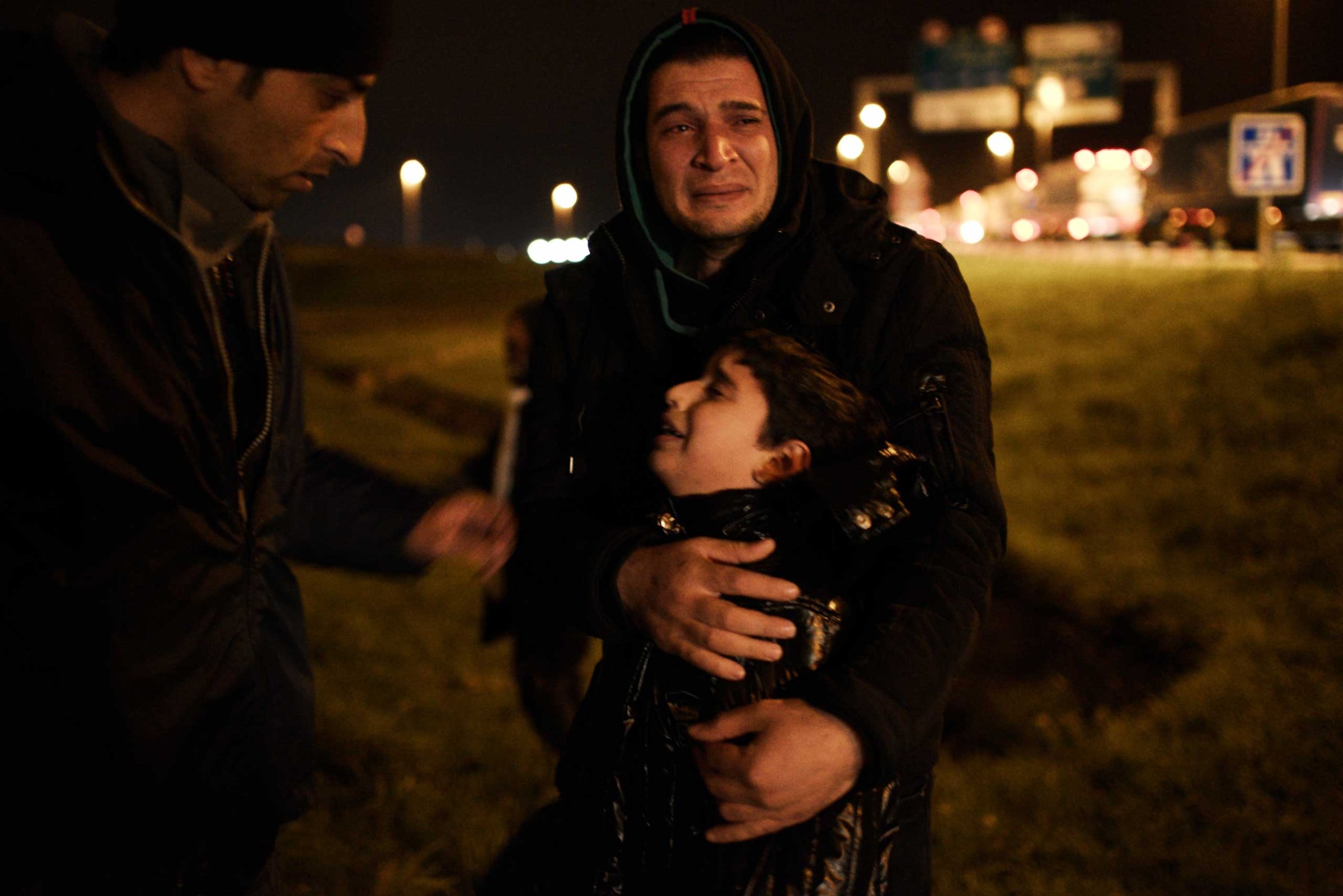
It took less than two weeks for Nawall Al Jende, a 26-year-old mother of three from southeastern Syria, to travel through nine countries before arriving in the northern French port town of Calais. Her final destination, the U.K., lay just 20 miles across the English Channel. Her younger sister Sawson had made the same journey two months before, successfully making the crossing while hidden in the back of a cargo truck.
For 15 days, Nawall tried to do the same, accompanied by her nine-year-old son, Muhammed, and her husband’s brother, Usama. Yet, hours spent hidden in boxes and hunched in dark corners always ended the same way: the voice of a police officer telling them to get out, with a smile if they were lucky and a kick if they were not.
Nawall had already tried—and failed— twice on Oct. 14. As evening fell, and the prospect of another night sleeping in the streets loomed, she told Usama that she wished they had never come, but they returned to the road to try one more time. Chased away by an irate truck driver, Nawall and Usama decided they might have better luck on a less crowded part of the road. That’s when a taxi came speeding around the bend, and with a sickening thud, shattered the family’s fragile dreams in an instant.
The impact flung Nawall onto the edge of the grassy median. Her black-and-white headscarf obscured the gruesome scene, but the severity of the situation was plain to dozens of bystanders who watched in horror. Usama knelt on the ground, holding Muhammed firmly is his arms, crying out in disbelief. “People are dying here and no one can see it,” he said to himself. Usama recited a Muslim prayer through tears and soothed the nine-year-old boy as Muhammed howled in anger and pain, “I don’t want to want to go to Britain anymore. I want to die with her.”
Someone laid a blanket over the body as the crowd waited for an ambulance. “She will live, don’t worry. She will live and we will continue our journey,” Usama murmured to Muhammed. “I just want her to live and we will live here,” he replied. As the ambulance finally approached, a fellow Syrian commented, “We are running away from death, but we’re also dying here.”
Nawall was at least the 15th individual since June to lose her life while attempting to enter the U.K. from Calais. Another died the following night, struck by a fast-moving train.
Thousands of asylum-seekers from nearly a dozen countries try each week to cross the Channel. Nawall and her family had made the trip because they had heard that the U.K. allowed for families to reunite relatively quickly, plus English would be a useful language for the children to learn. Still, she had doubted the wisdom of the journey, appalled at the inhumanity and degradations she encountered: deceptive smugglers, overcrowded boats, brutal police forces, lengthy treks, and finally the seemingly impossible feat of crossing the last border.
See the Lives of Calais' Migrants
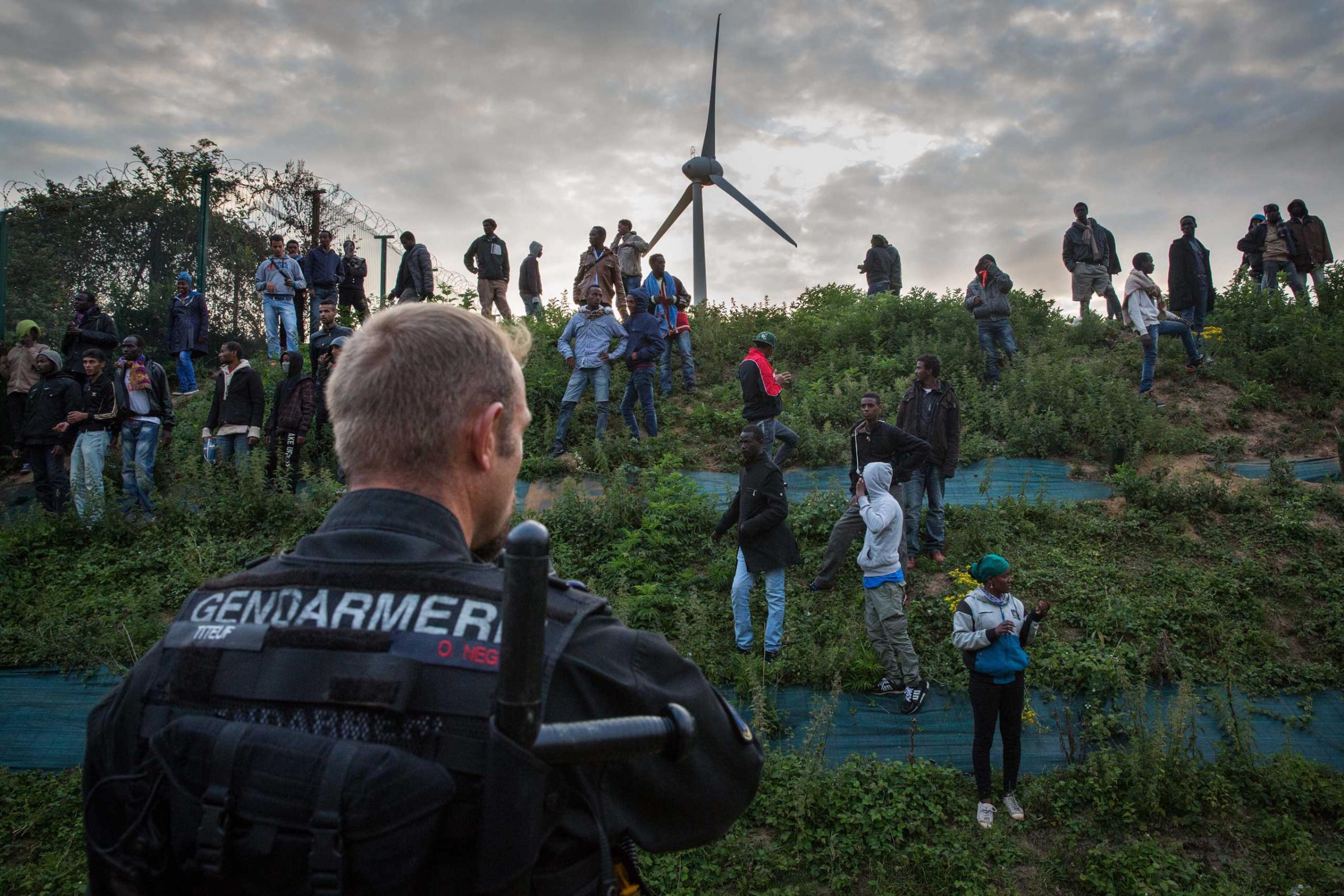
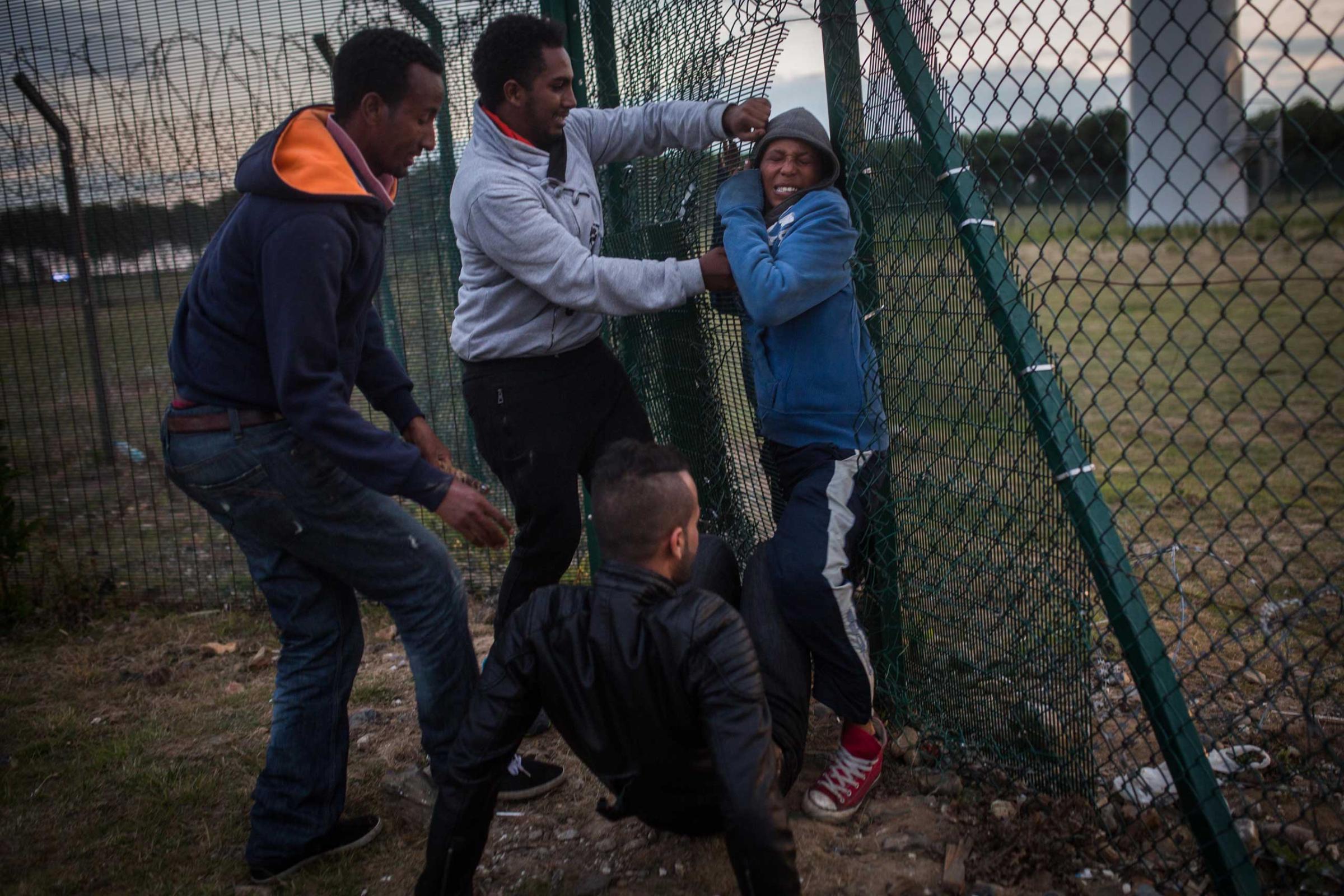
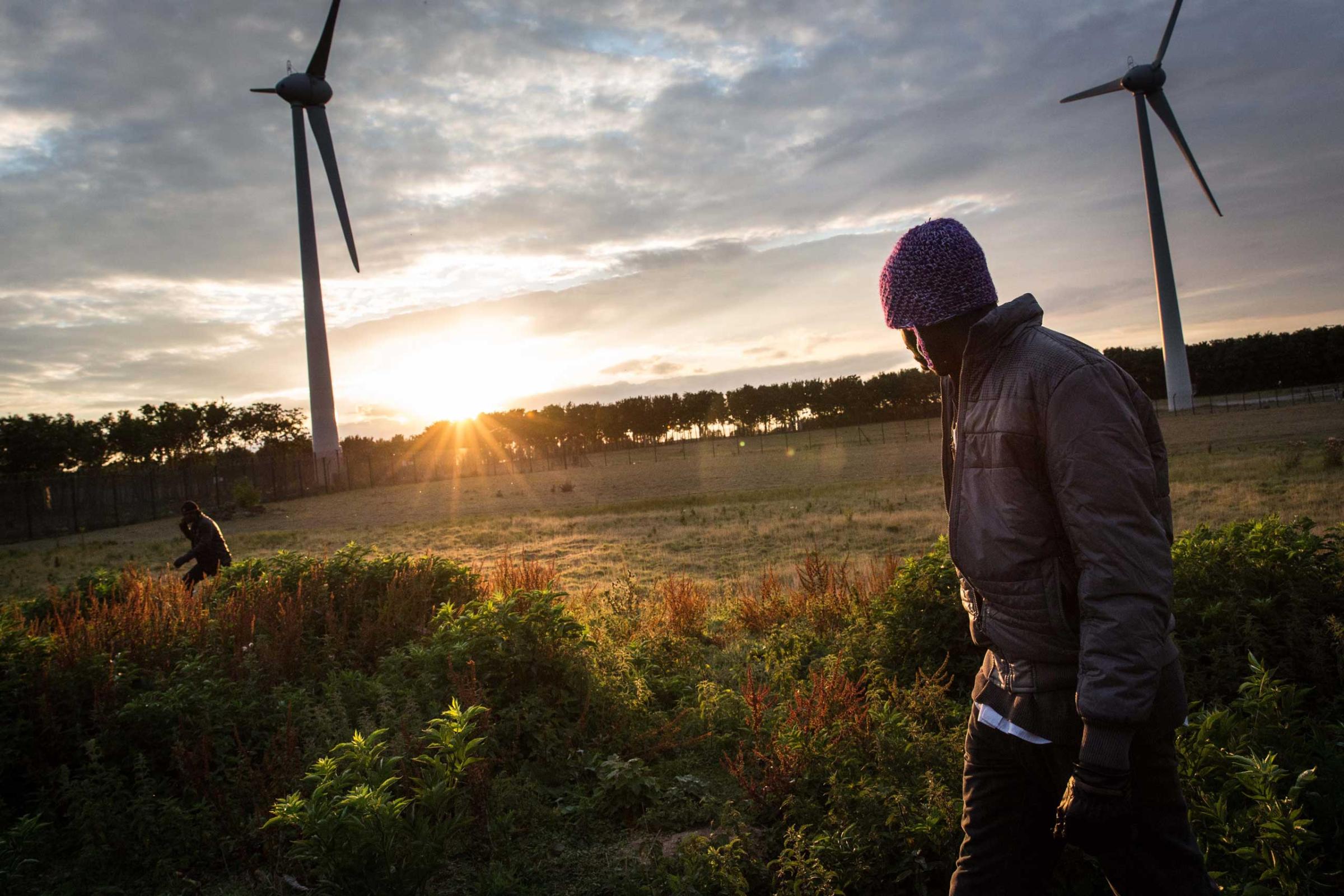
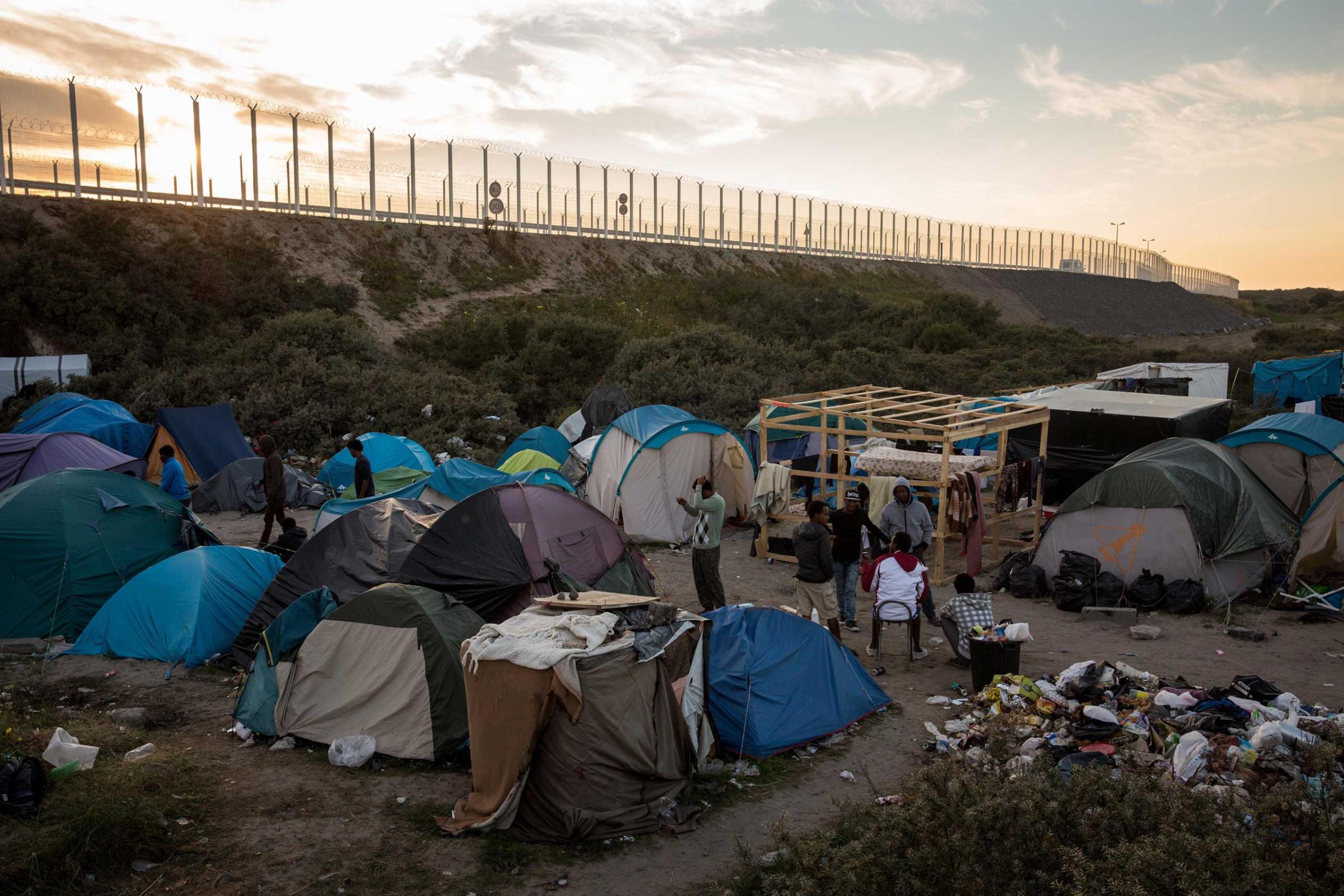
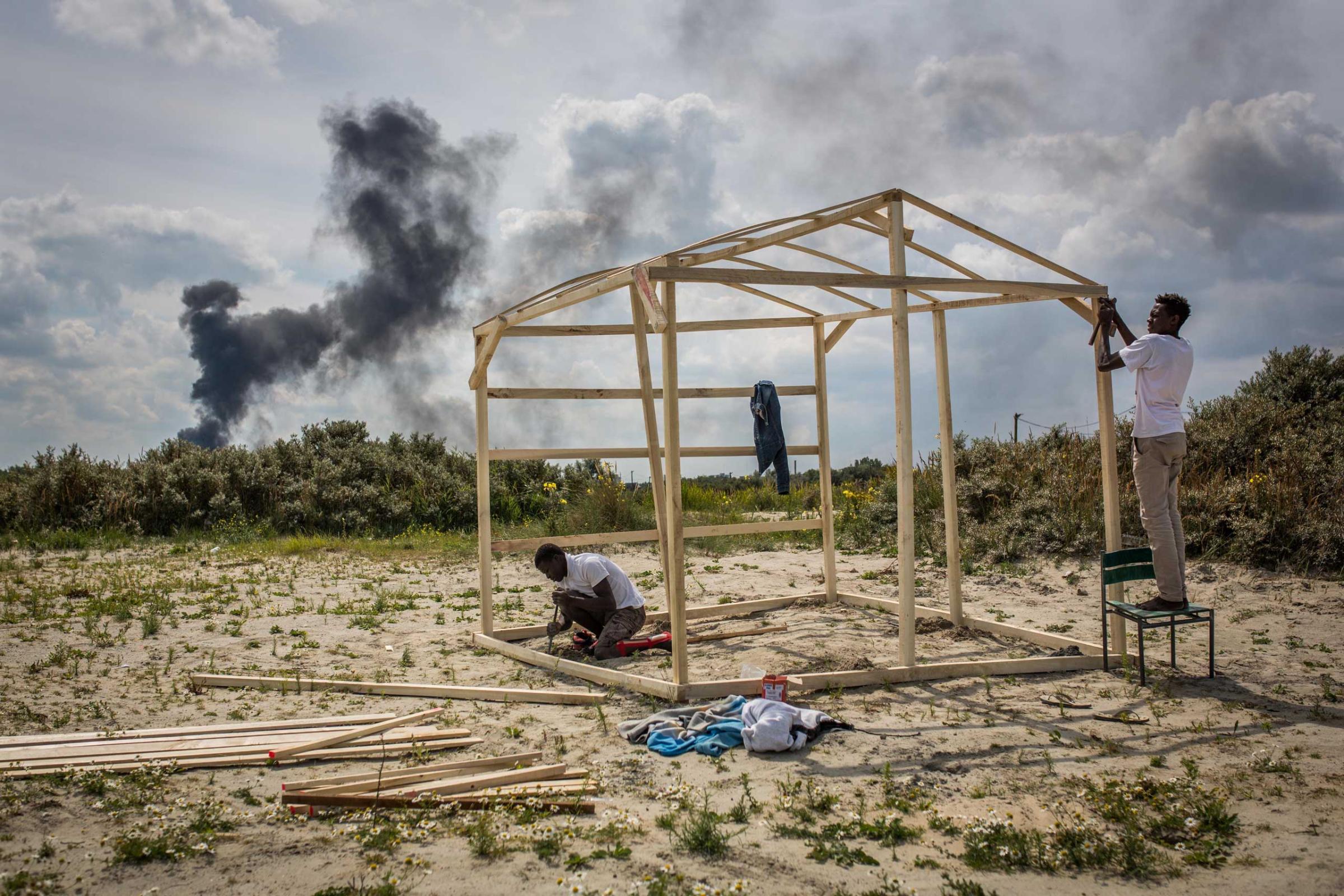
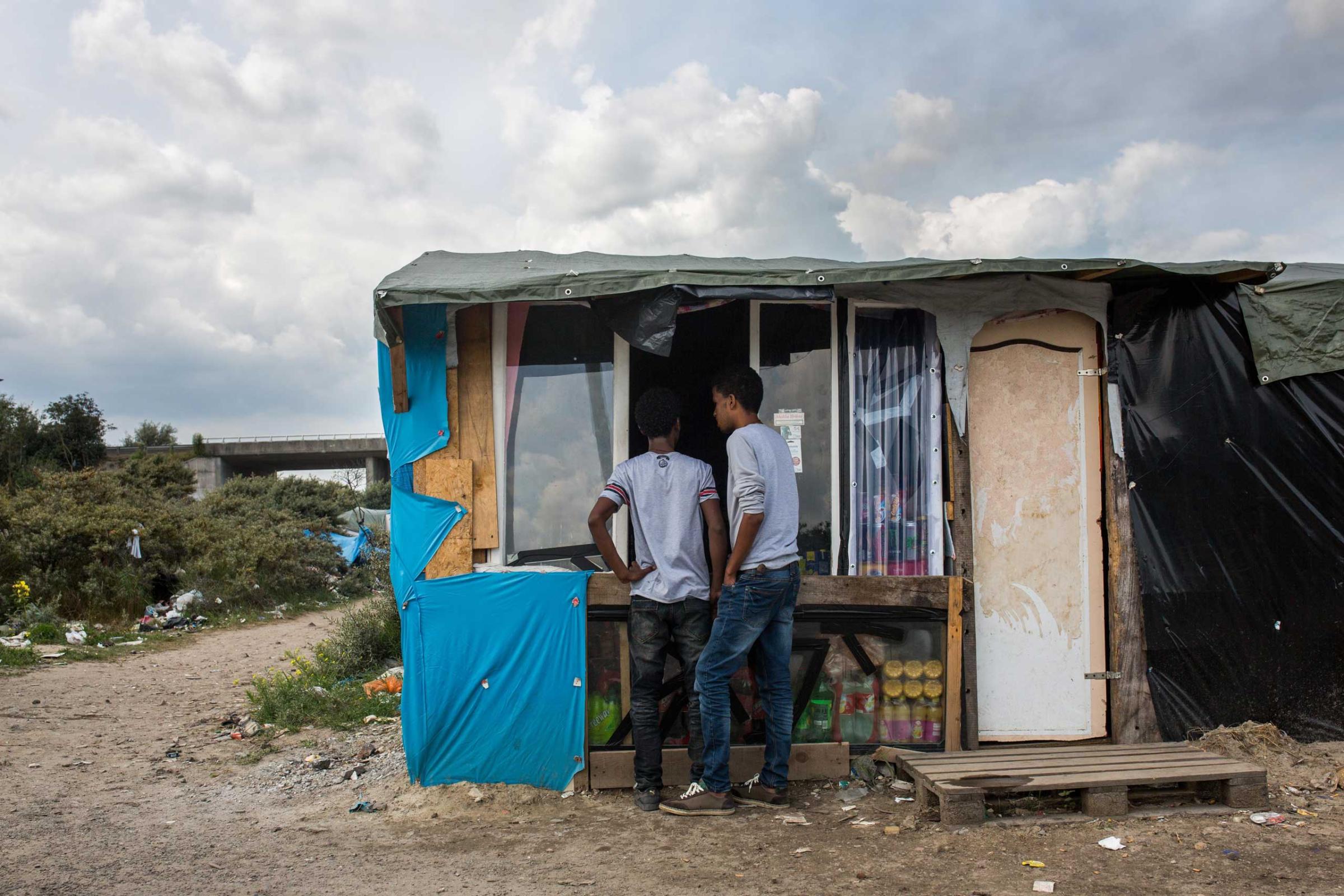
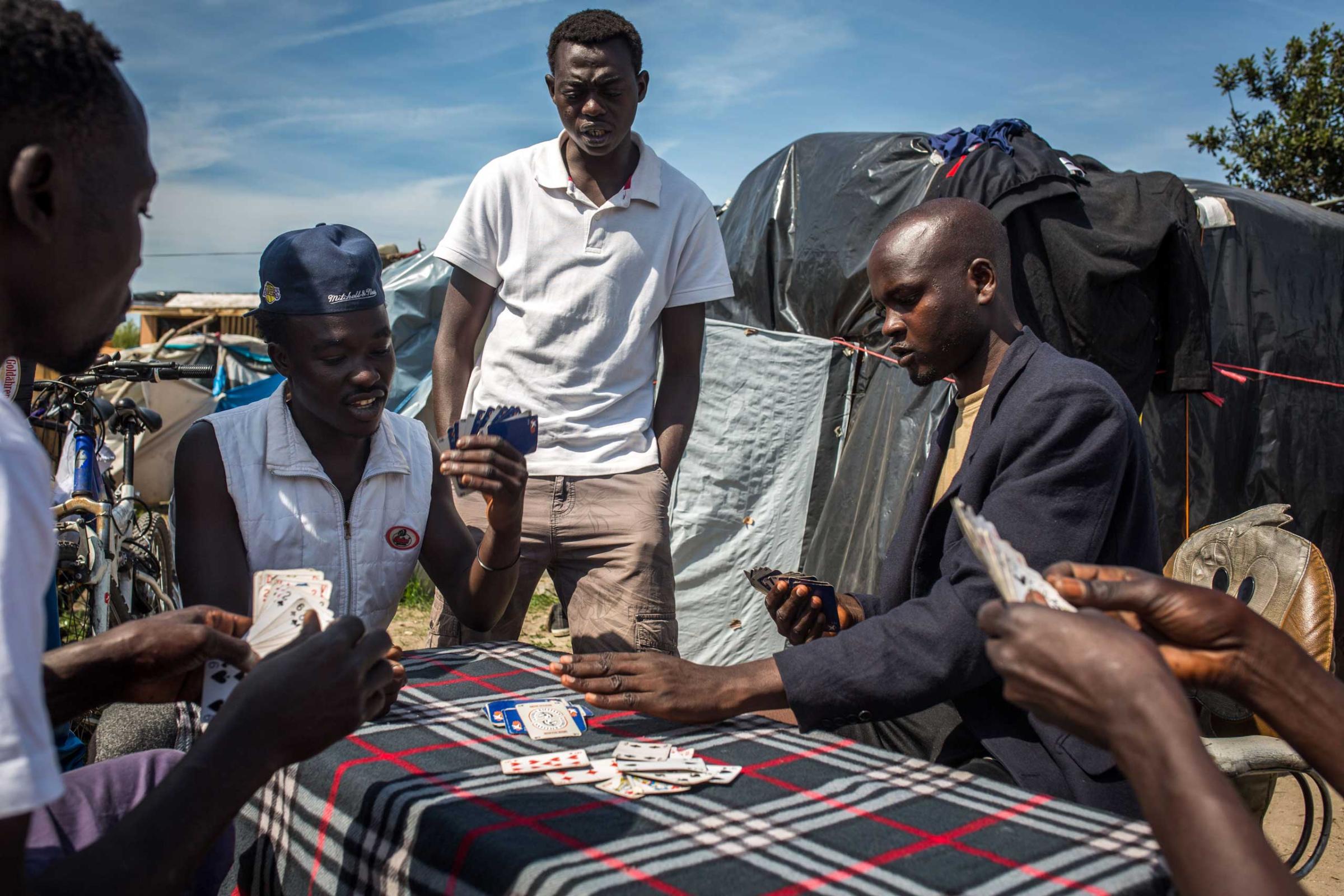
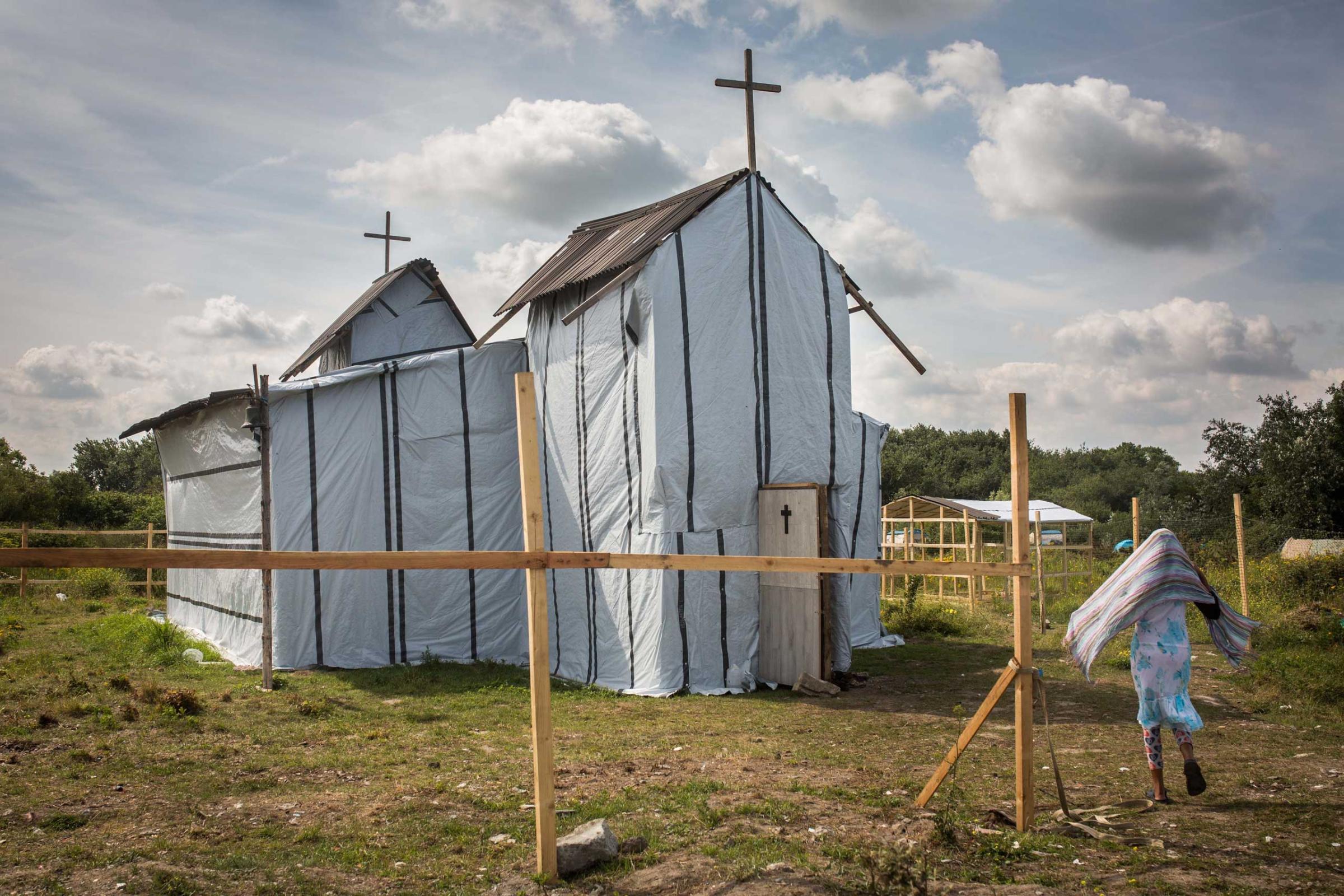
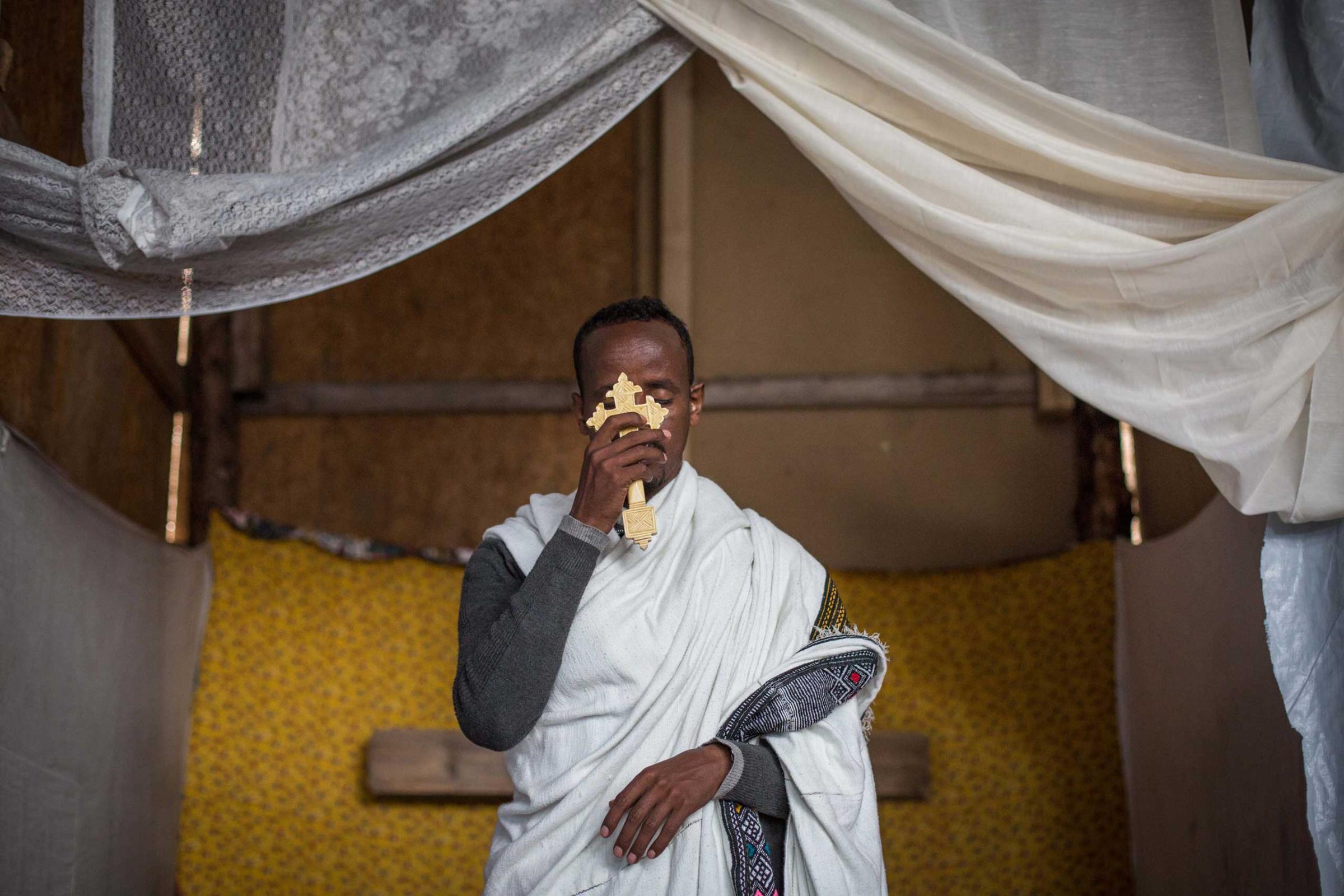
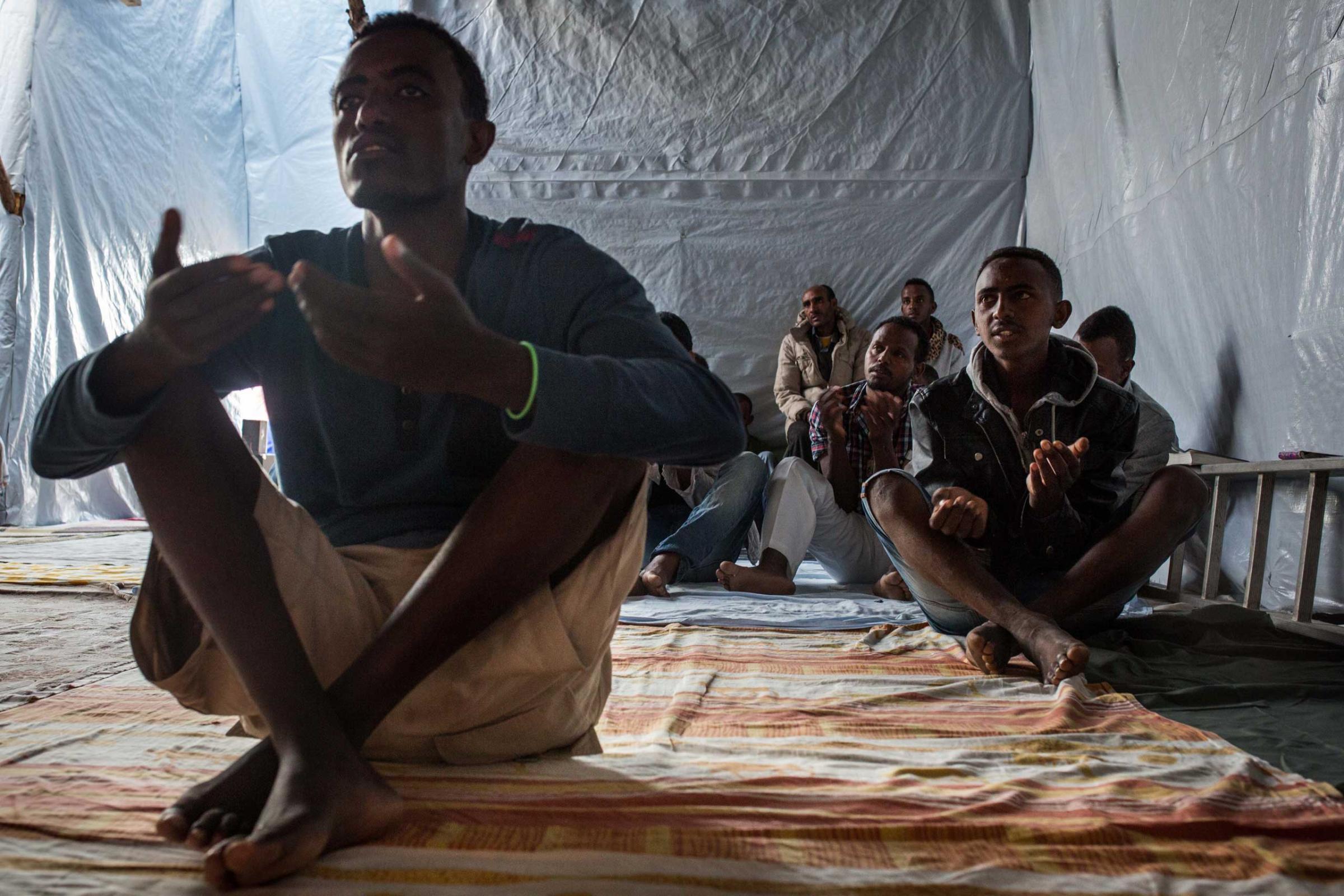
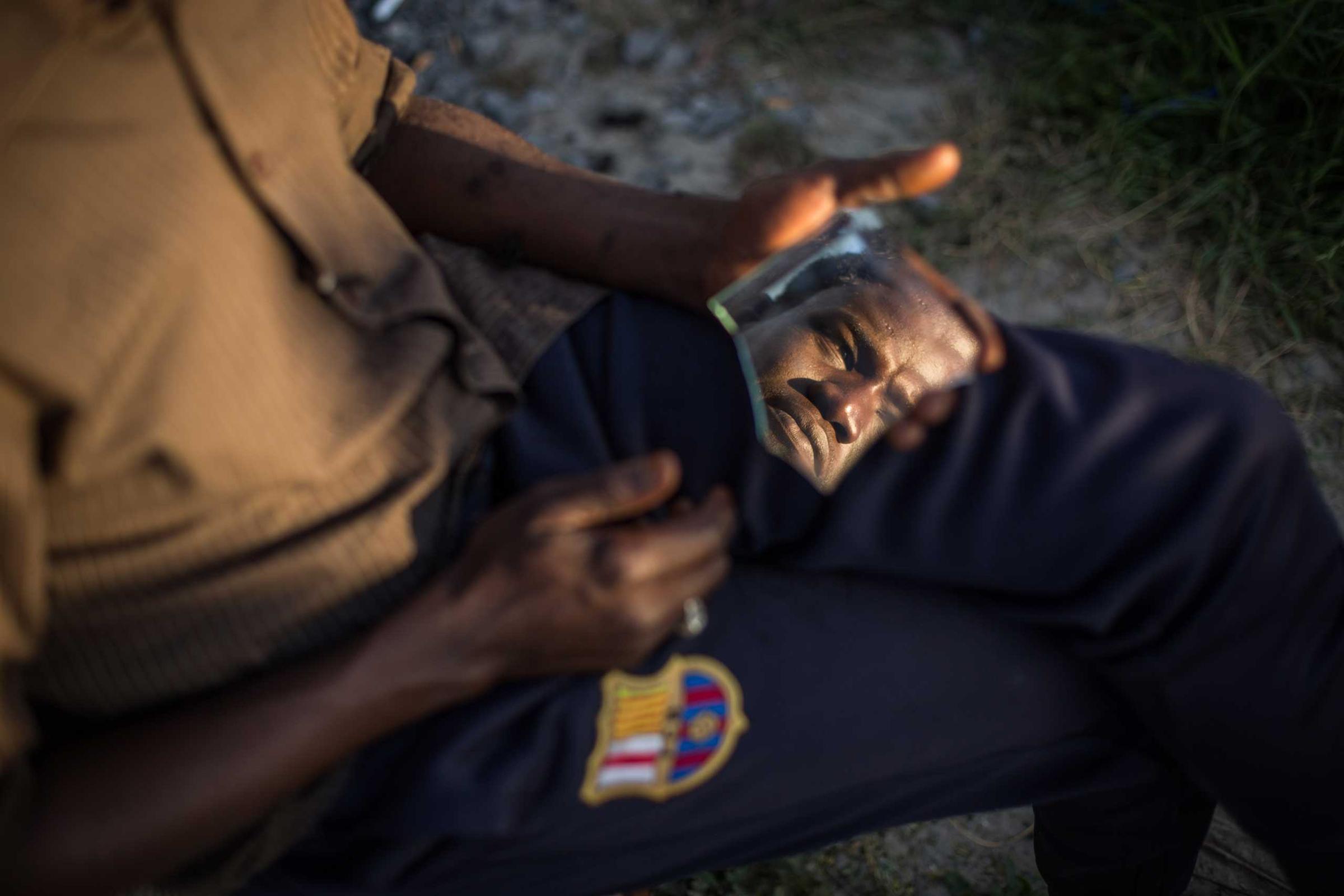
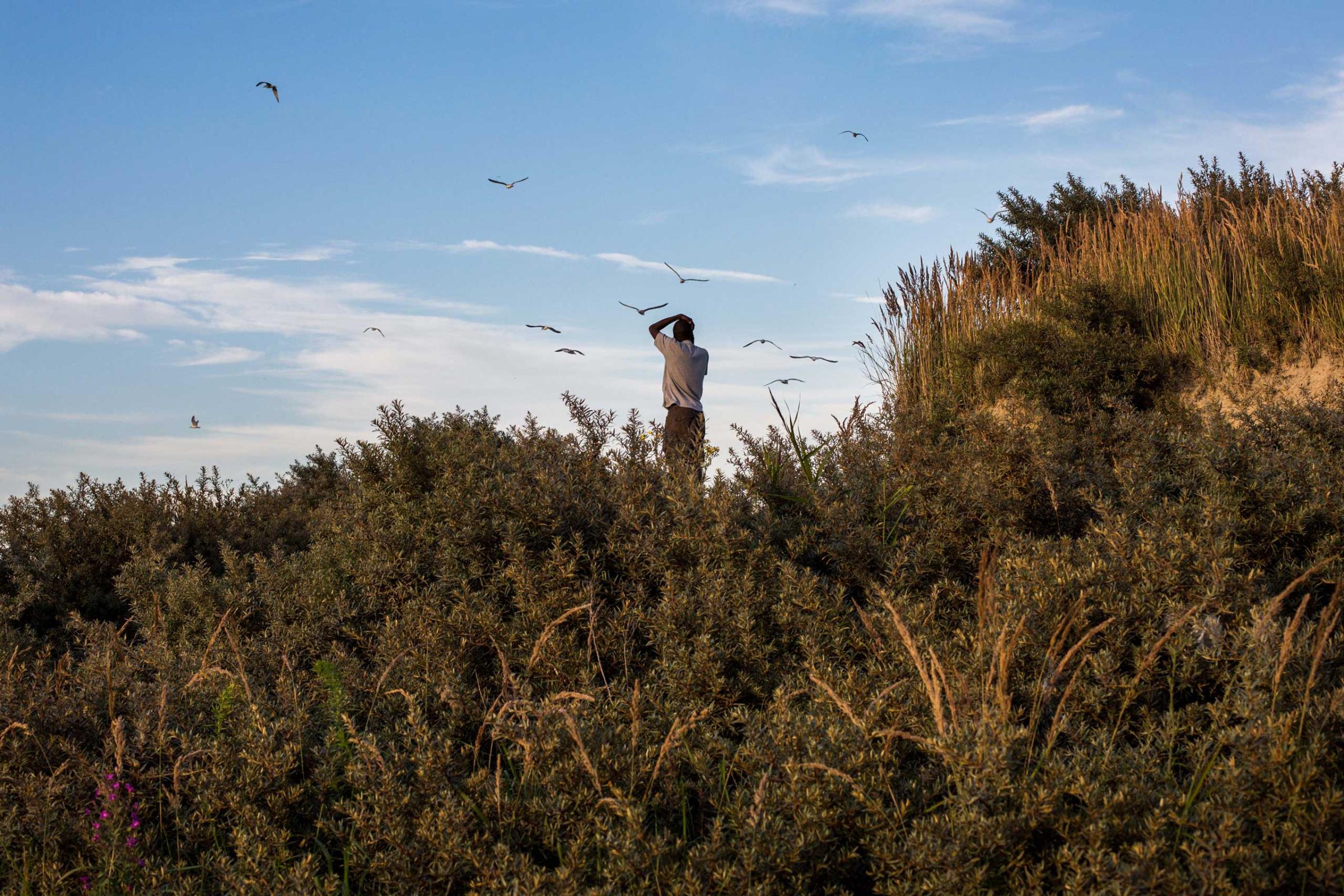
In August, British Prime Minister David Cameron pledged an additional $11 million for resources and surveillance equipment to crack down on these attempts. And yet, every day, individuals continue to risk their lives climbing fences, jumping on trains, hiding amongst cargo and even swimming to boats in the port.
Mahmoud, a Syrian father of two from Der’aa, nearly met the same fate as Nawall two weeks ago, trying to grab onto a train in the station after hiding from the police for 10 hours. His wife sobbed when she heard the news and begged him to come back to Syria. But he remained determined and was out on the same road on Oct. 14 with a bandaged face, bound hand and a limp. He climbed into the back of a truck one hour before Nawall’s death. It just happened to be his lucky night. He’s now in England.
Shannon Jensen is a photojournalist based in London.
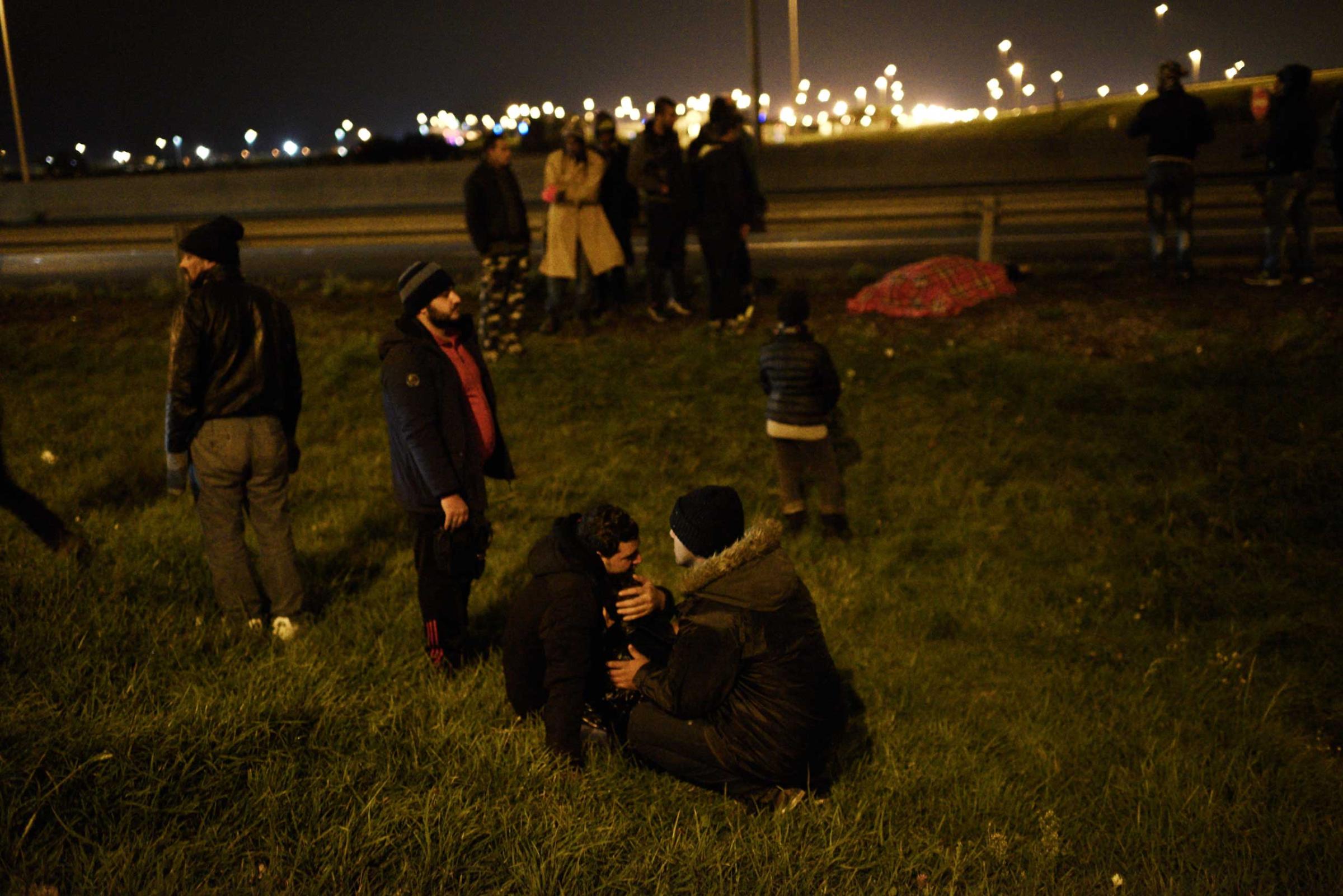
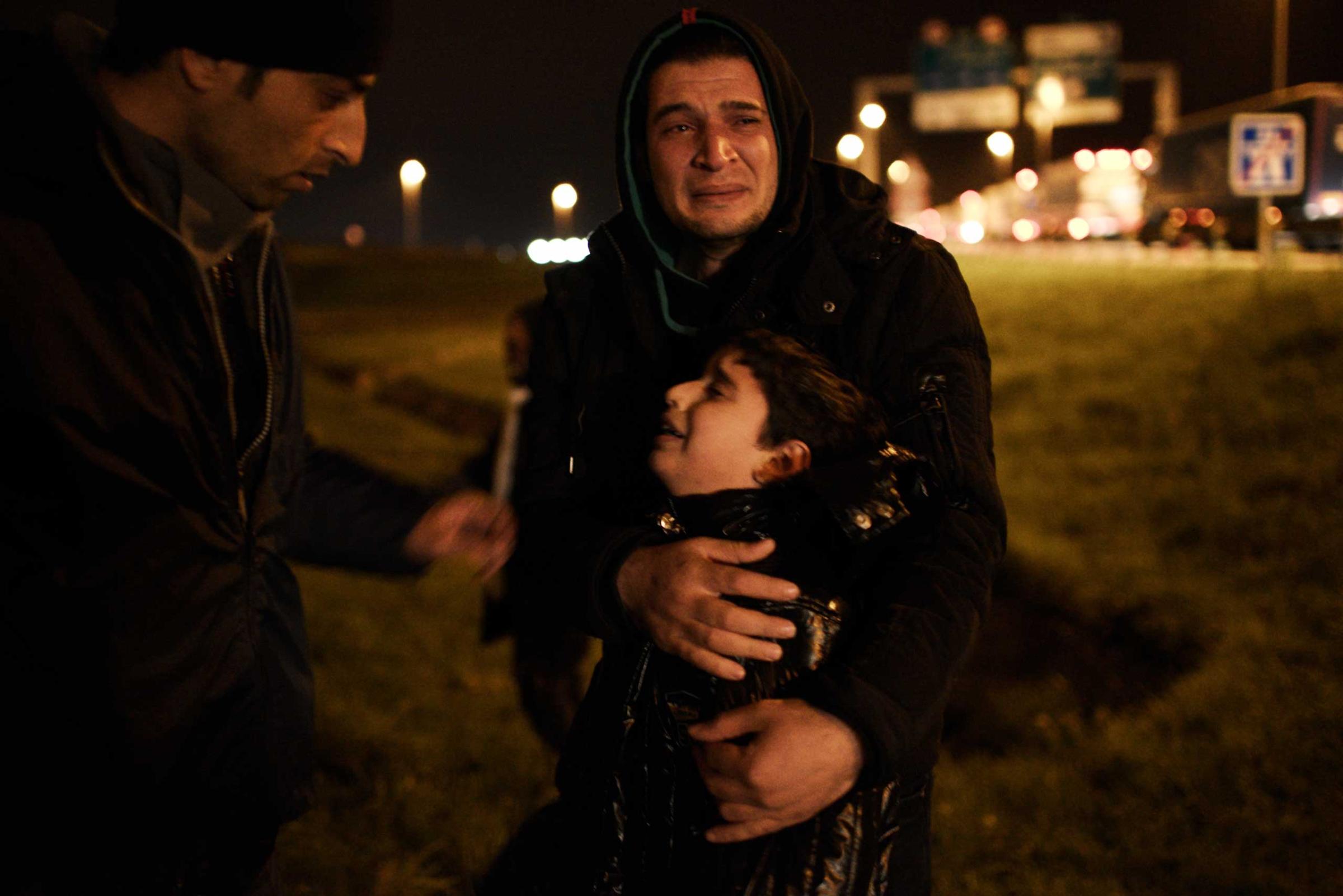
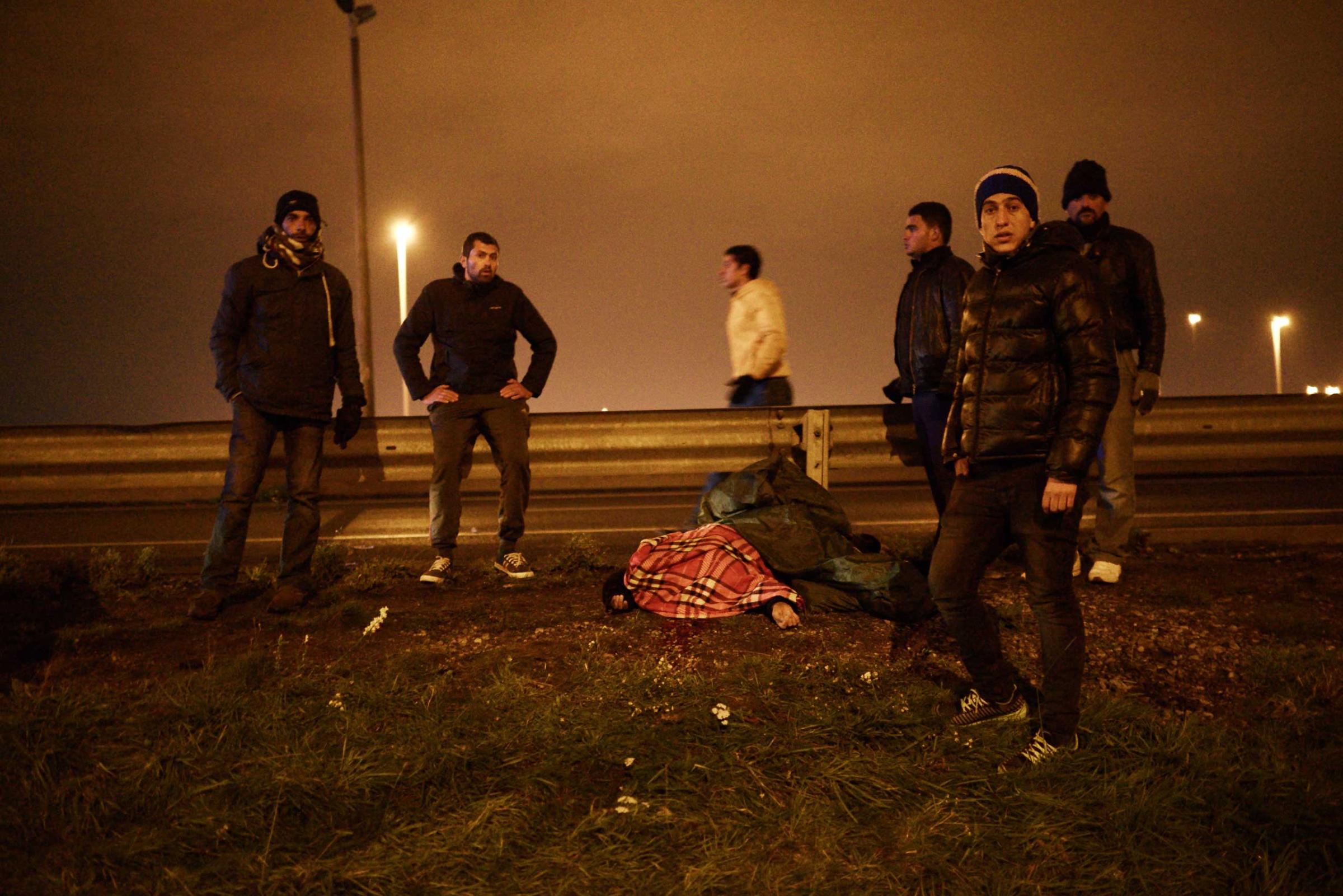
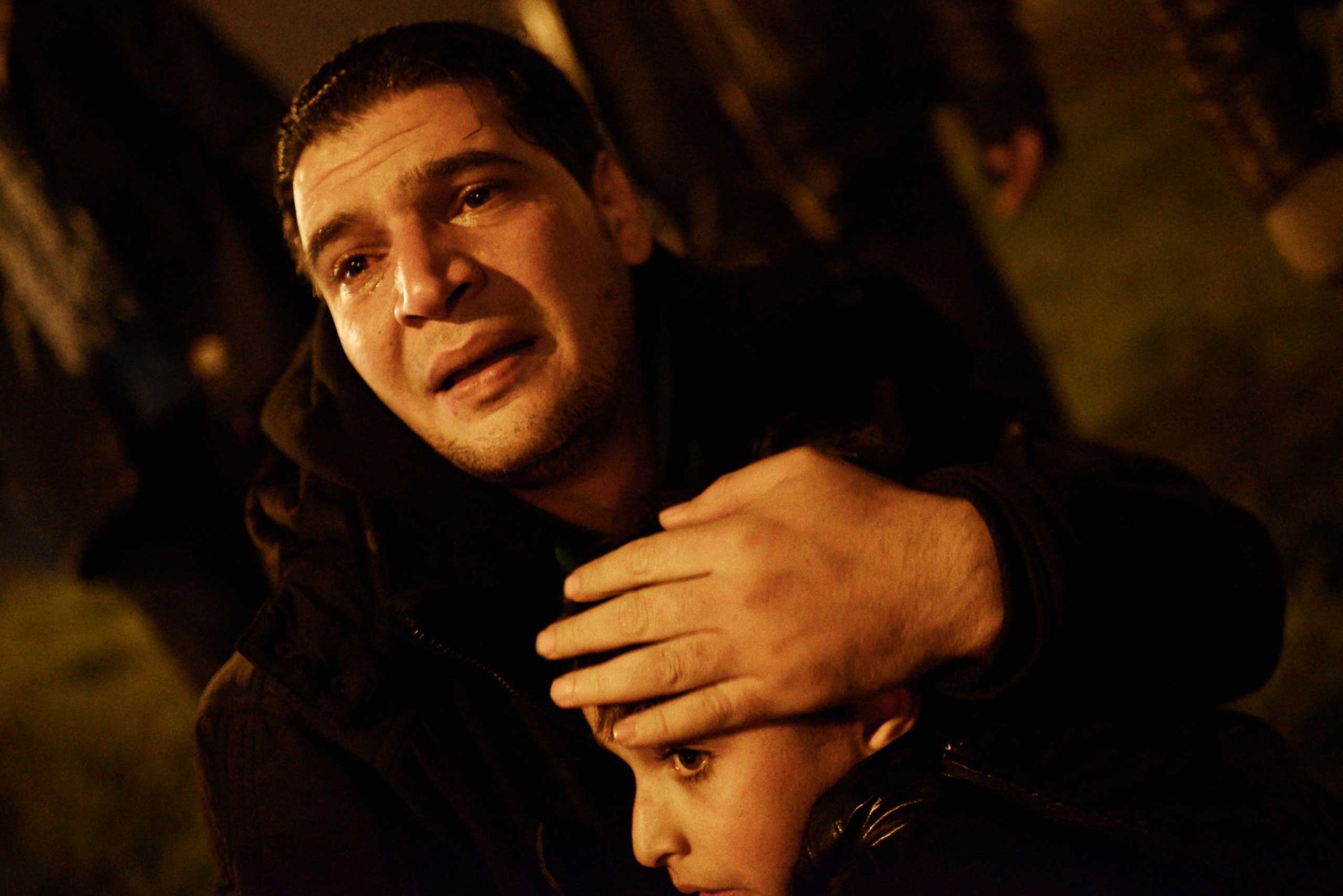
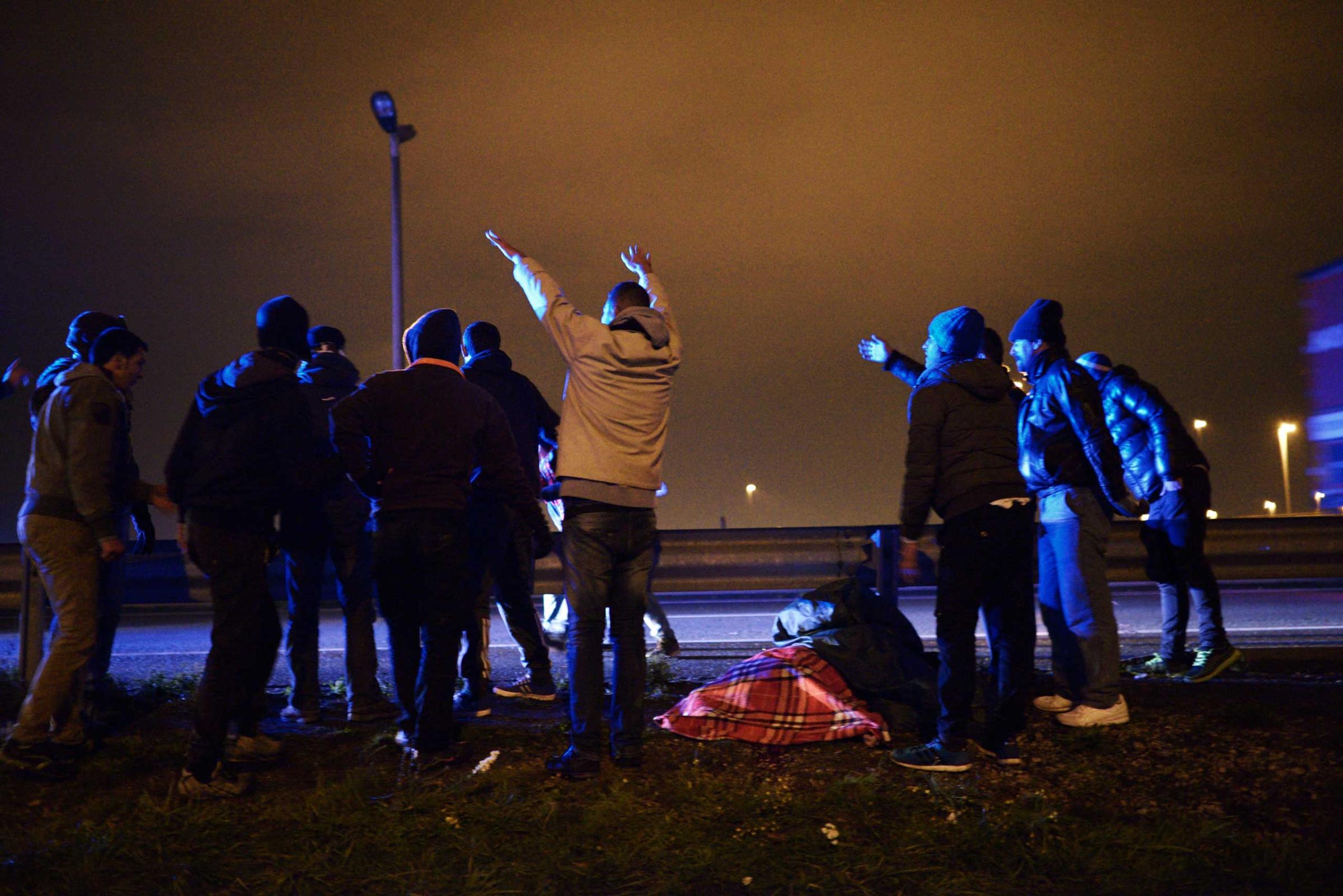
More Must-Reads from TIME
- Donald Trump Is TIME's 2024 Person of the Year
- Why We Chose Trump as Person of the Year
- Is Intermittent Fasting Good or Bad for You?
- The 100 Must-Read Books of 2024
- The 20 Best Christmas TV Episodes
- Column: If Optimism Feels Ridiculous Now, Try Hope
- The Future of Climate Action Is Trade Policy
- Merle Bombardieri Is Helping People Make the Baby Decision
Contact us at letters@time.com